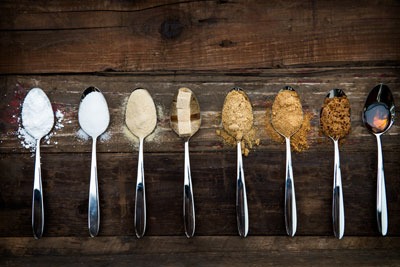Don’t miss our New England Beer & Baseball adventure in 2026! Click here to register!
New to Brew
Posts
-
 Article
Article
Big Beers, Done Right
Get some pointers to brew the big ABV beers this cold-weather season.
-
 Article
Article
Basic Tricks of Cider
Making hard cider can be an extremely easy task but you may end up with a lackluster drink. Find out some simple tricks to getting the most
-
 Article
Article
The Ester Family
Esters drive a lot of the fruit aromas in beer. Learn the factors that go into their production and how to control them in your beer.
-
 Article
Article
The Phenolic Phamily
The word “phenol” often comes up in the beer world, but its use can vary widely. In fact hundreds of phenolic compounds have been found
-
 Article
Article
Dry Hop Like A Pro
If dry hopping is still new on your radar, get some pointers on doing it right.
-
 Article
Article
Malting vs. Mashing
-
 Article
Article
Fermenter Choices
As a homebrewer, the selection of different fermenters is pretty astounding. Make sure you choose wisely.
-
 Article
Article
Backsweetening
-
 Article
Article
10 Tips for Beginners
Find 10 tips written for the new homebrewer, but should be tips followed by ALL brewers.
-
 Article
Article
Proper Cleaning and Sanitation
Be sure you understand some of the basics to keeping your equipment properly cleaned and sanitized.
-
 Article
Article
When the Trub Breaks
-
 Article
Article
Designing Extract-Based Recipes
Extract-based recipes were at one time the most popular format of homebrew recipes. If you’re having trouble finding some basics of crafting
